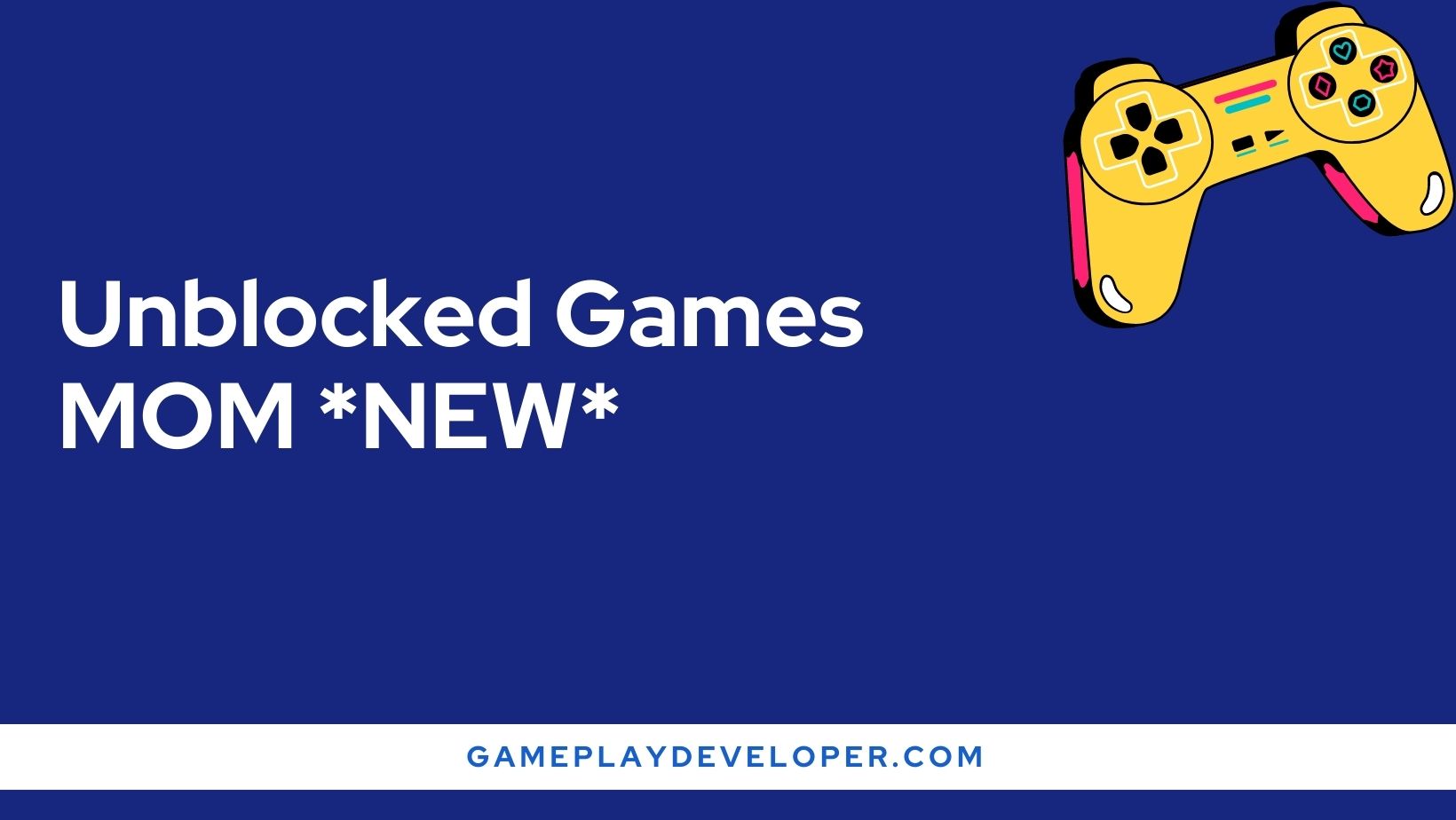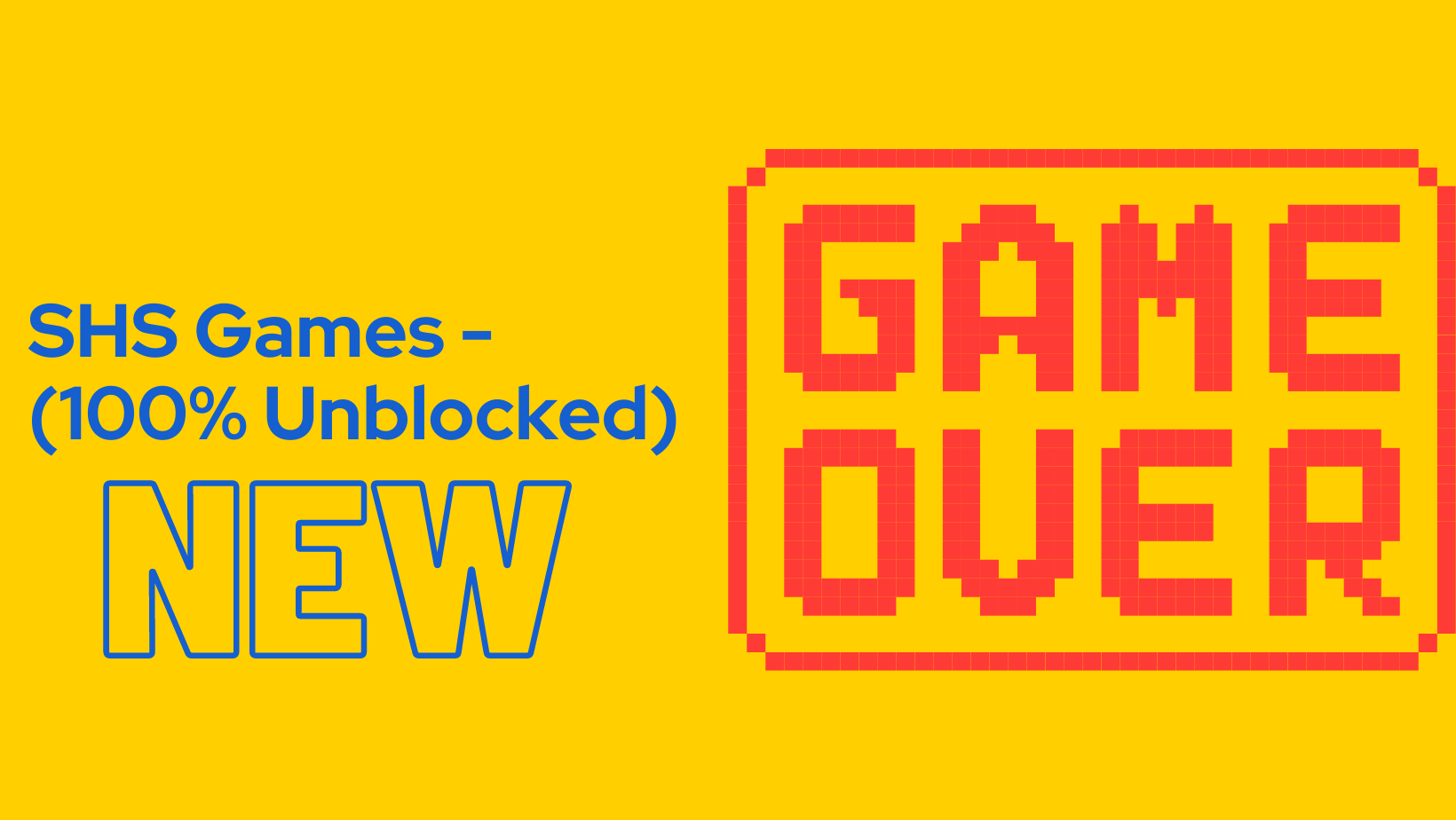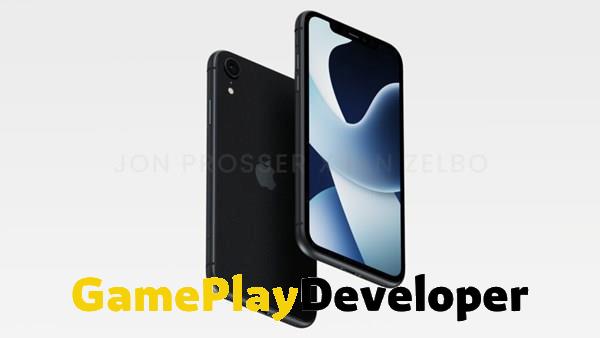What is the reason why corn cannot be digested in the human body?
Those who go to the toilet a few hours after consuming corn, in their stool, the outer coating of the corn kernel, that is, grains of When he …
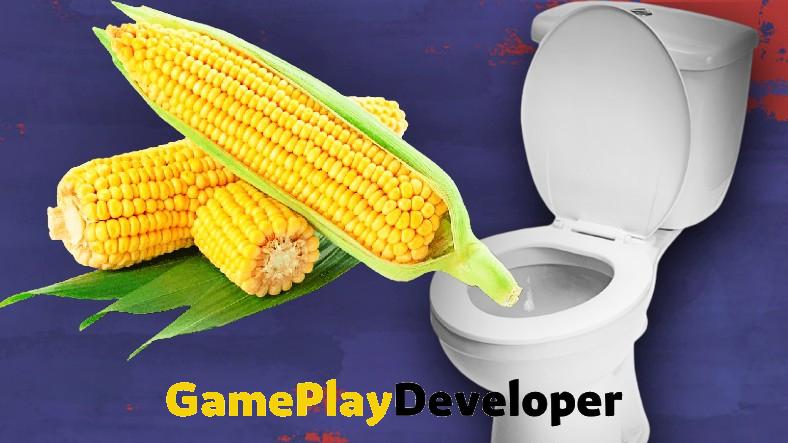
Those who go to the toilet a few hours after consuming corn, in their stool, the outer coating of the corn kernel, that is, grains of When he sees it, he may think, “Why is this happening?” and be surprised. The reason why corn comes back from the body in an undigested form is because it has a carbohydrate called cellulose, which is not suitable for the digestive system of humans.
Suitable for digesting cellulose in our body enzymes and gut bacteria Unfortunately, we are faced with such a result. We are about to hear you say, “Well, if we can’t digest corn, is it useful or wasteful to eat it?” In this article, you will find the answers to these questions.
According to Professor Andrea Watson, who works in this field, even bovine animals such as cattle, which have sufficient metabolic equipment to digest cellulose, cannot fully digest it.
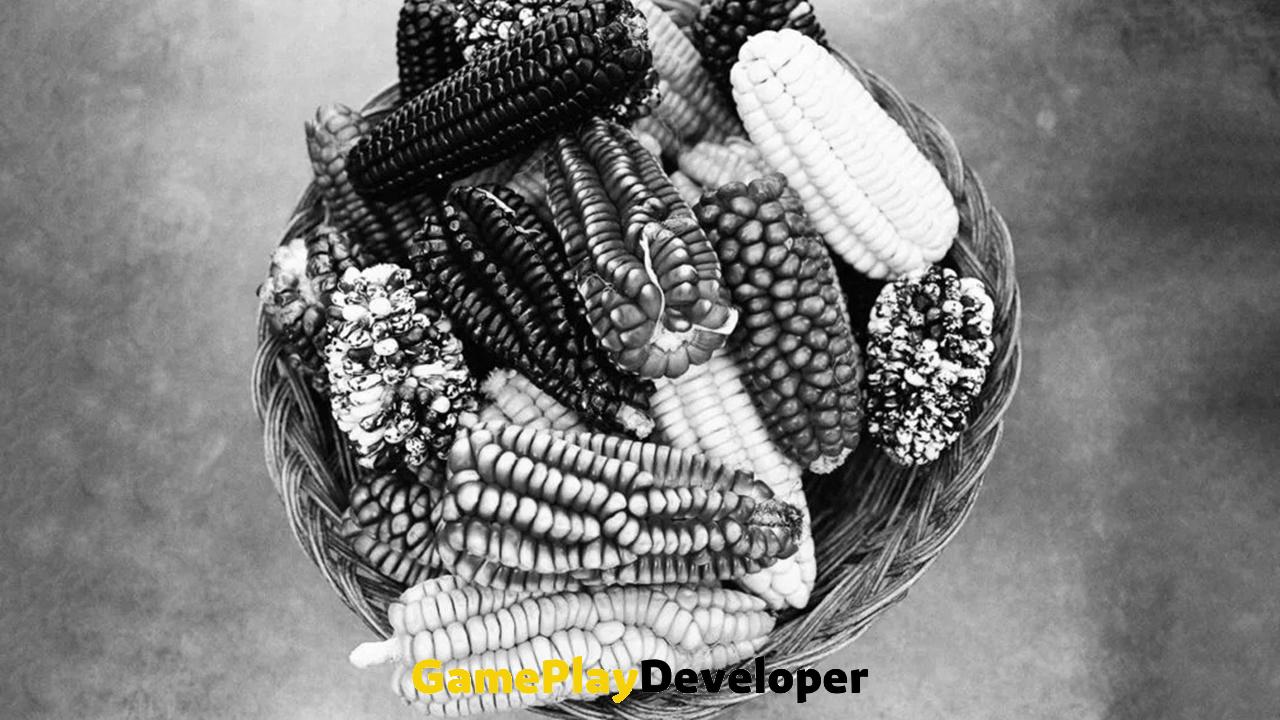
Watson says it takes a high degree of rumination to digest corn, which these animals can do quite well. Consider, cattle such as cattle, as we eatalthough they consume immature hard corn and not softer corn, they cannot digest the corn fully.
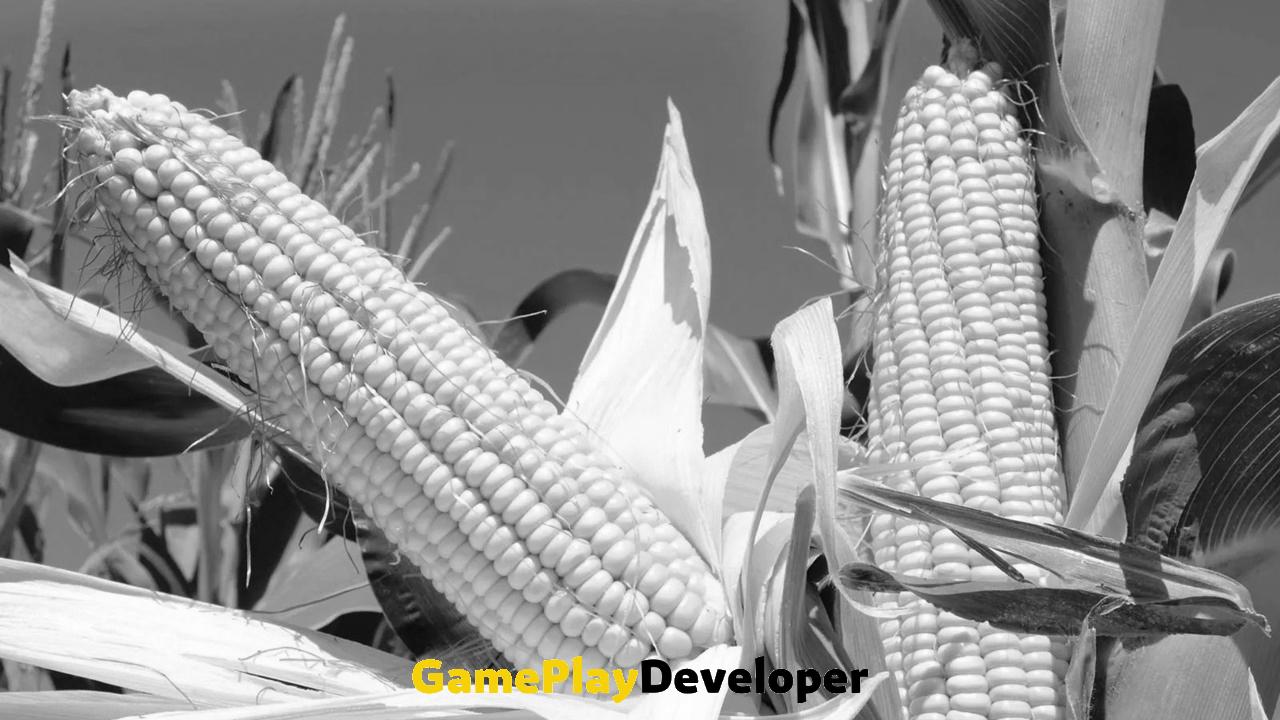
In fact, we can say that the human body has the ability to break down different components of corn such as fat and protein. As in cattle, if we chew the corn for a long time, we can reach these other components by breaking the cellulose walls in the corn. In this respect, undigested not the corn itself,As we mentioned at the beginning, it is only cellulose.
If there are 300-500 corn kernels in a corncob, we can only defecate 10-15 of them. The remaining grains break up and mix with the blood. Cellulose, which does not mix with the blood or cannot be broken down, is the part that is excreted in the feces. So the corn kernels you see in the toilet, that’s actually it. Those who cannot mix with the blood become grains.
However, since corn contains only 10% cellulose, the remaining 90% contains nutritionally beneficial components.
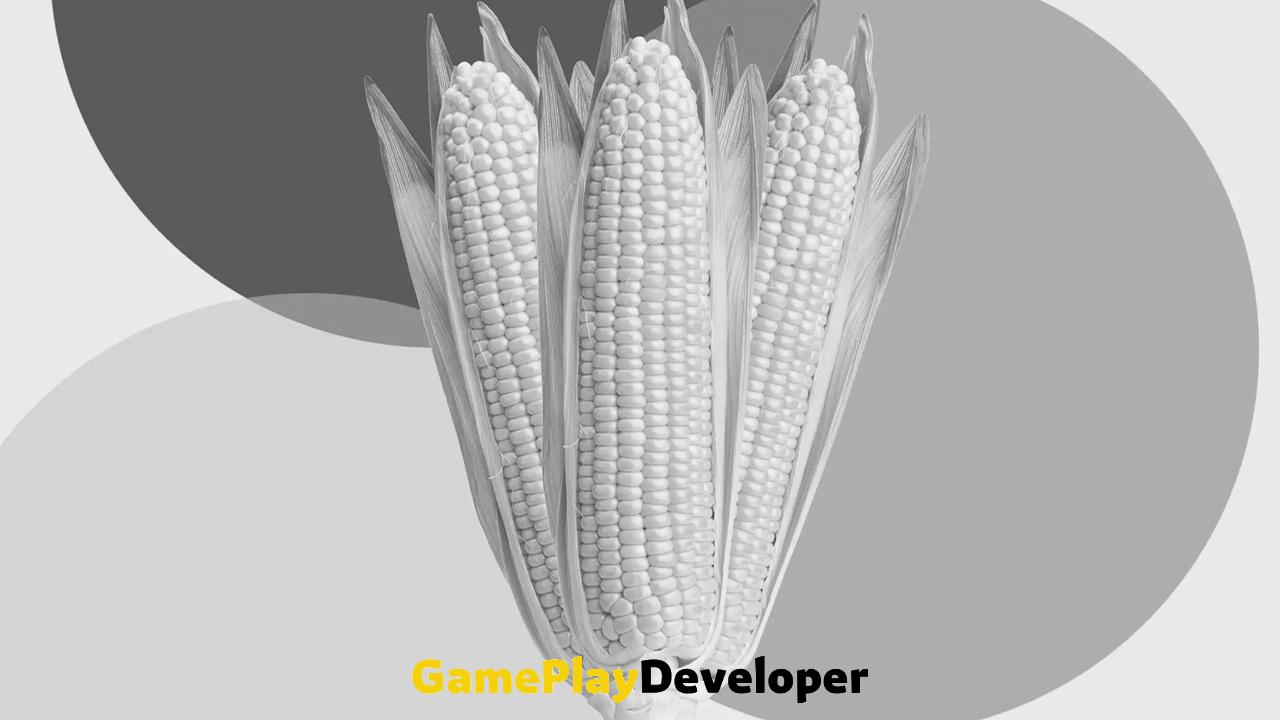
So if you’re saying “Should we stop eating corn now”, you don’t need to stop because the useless part is a small percentage. Corn also has carotenoids (a pigment naturally found in plants) that gives carrots their color. These dietary fiberknown as.
It contains carotenoids, starch and has antioxidant function. According to a study conducted at Tufts University in 2019; Carotenoids in corn are less than those found in green leafy vegetables. In other words, it competes with green vegetables in terms of organicity. In addition, in the cornThere are vitamins such as potassium, calcium, iron, sodium, protein, B6 and B12, so we can say once again that it is quite nutritious.
The way to make corn more digestible is to process it.
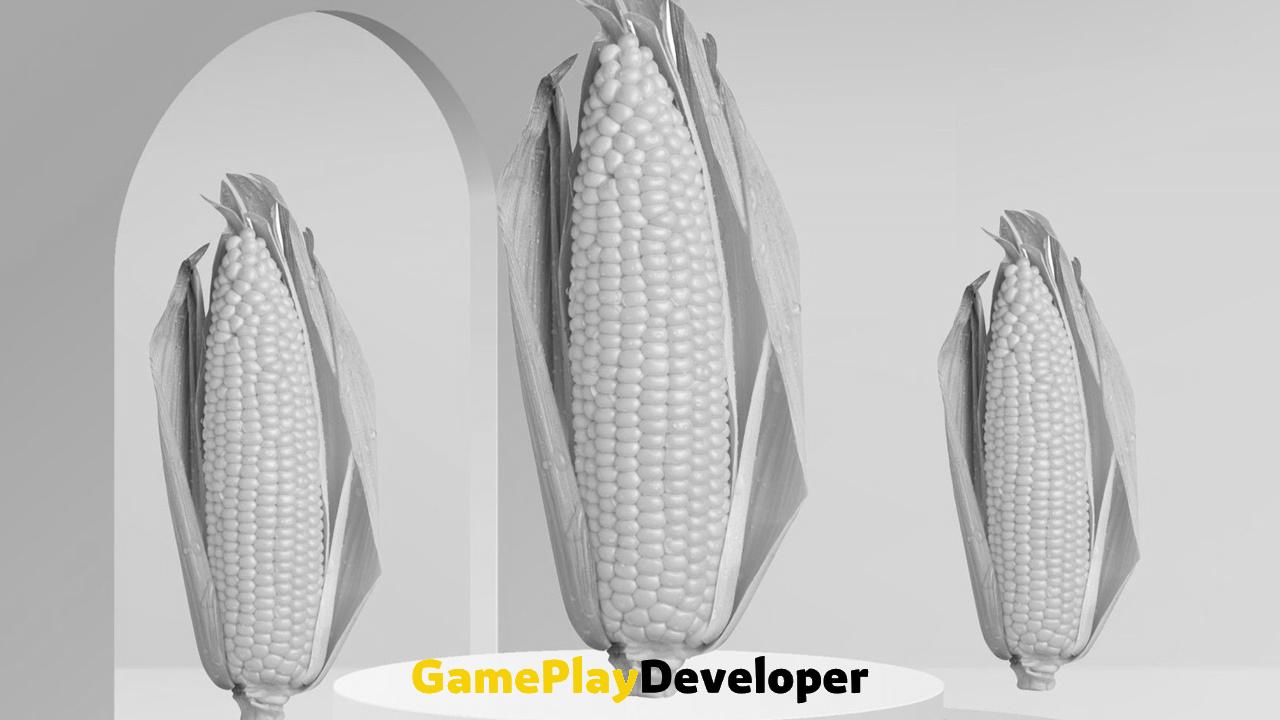
For example, to process corn, you can separate the kernels from the cob and then boil them. Did you store the boiled corn in the freezer, the process is complete. Do not put it in the freezer after the usual direct boiling, first a from cold water pass it. The more truthful you do this process, the easier the digestion of corn will be. This application is perfect for breaking down fiber molecules that are difficult to digest.
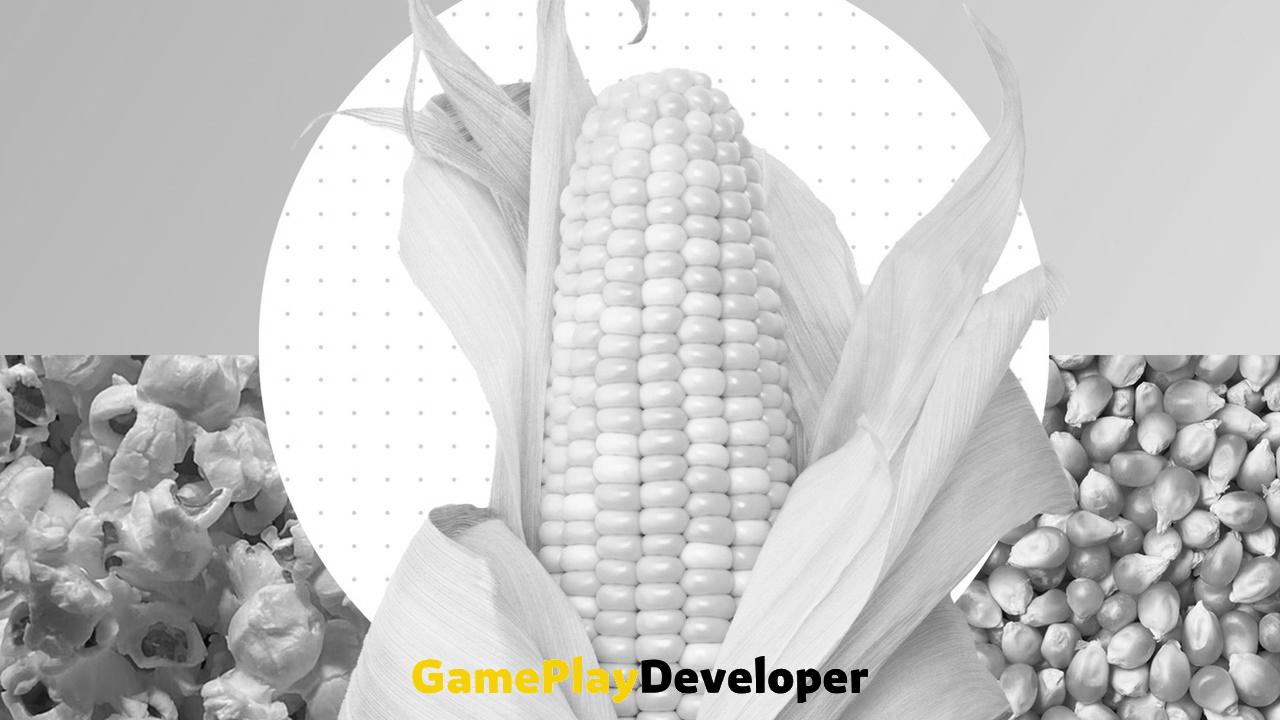
More than one corn we eat may actually be pre-processed. After all, we don’t just eat corn off the cob. Chips, popcorn, corn syrup (fructose) We can consume as well. The processing of these natural products is done in a fabricated state by adding artificial additives. However, when consumed in this form, corn loses many of its properties, such as being useful in fiber and high in nutritional value.
In other words, if you say, “Should we eat corn this way, or should we eat it from the cob?”, it is better to eat from the cob. healthy we can say. Because when you eat popcorn or corn chips, you get more calories than if you eat it in boiled millet. As a result, 100 grams of corn on the cob has 96 calories, while 100 grams of popcorn has 525 calories. Even when you enter this kind of comparison, you don’t have to worry about deciding which one is healthier. So let’s ask you, how do you prefer to eat corn? We look forward to your responses in the comments.
- Resources:Live Science, Science Focus
- Image Sources:Medical News Today, Eating Well, Eating Well 2, Real Simple


